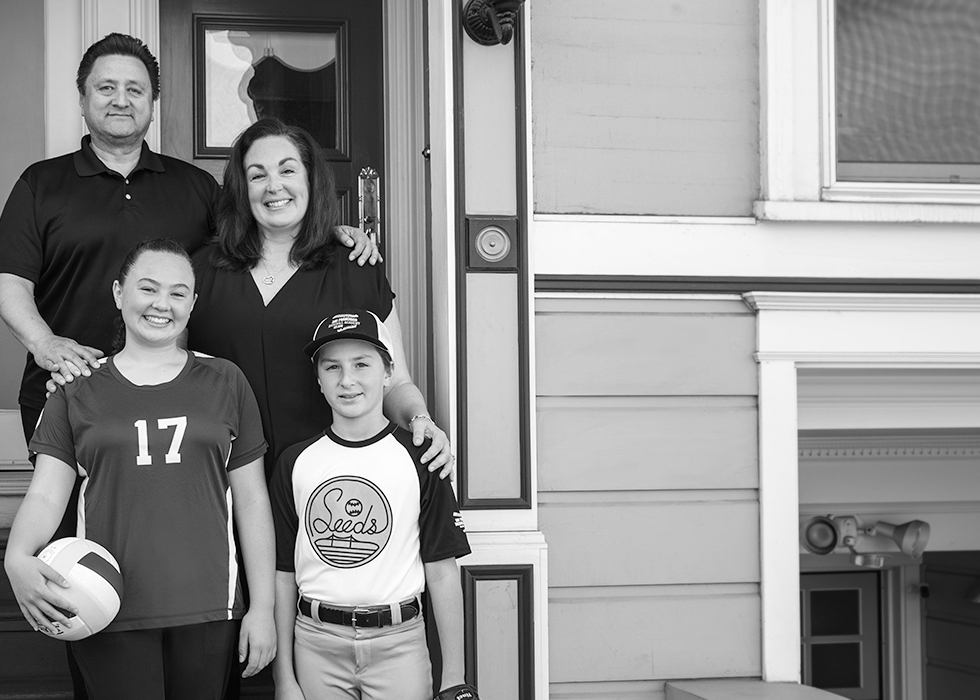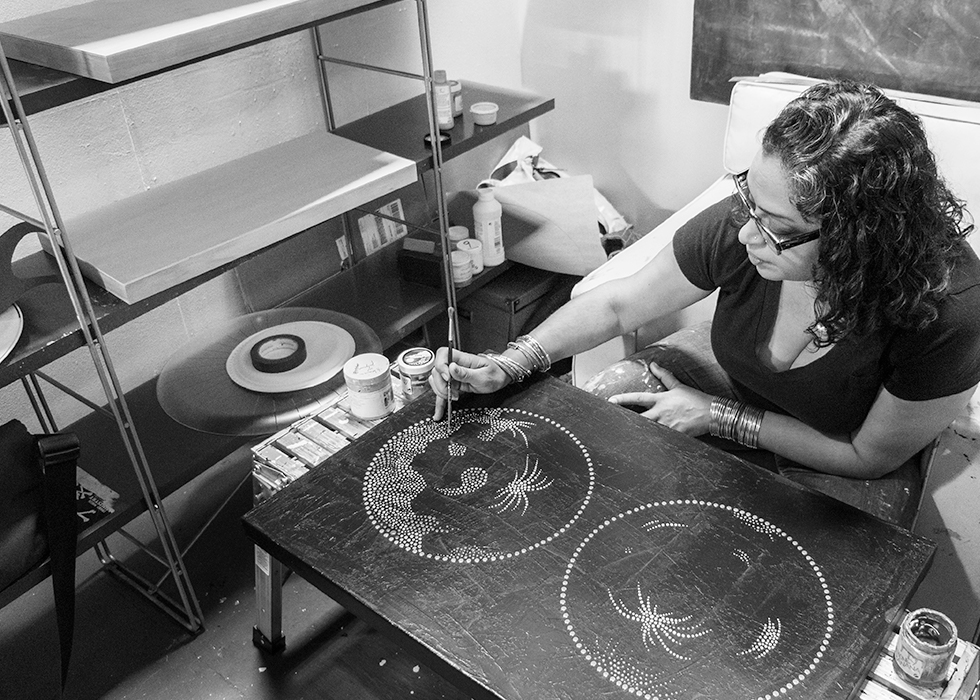11 Things to do Before Buying a House
Buying a home is an exciting time, an important milestone, and a great achievement. It can feel overwhelming at times, though. Especially considering the competitive and complicated Bay Area real estate market.
Don’t worry though. We’ve got you covered.
Before you buy that welcome mat, here are some things to know and do.
1. Start Saving Early
Some people may not factor in all of the costs that come before you get the keys to your first home. Here are some things you should start saving for:
- Down payment. Your down payment will depend on a few factors: the type of mortgage you choose, the lender, and your credit score. Some loans for first-time homebuyers with excellent credit require as little as 3% down, but that’s not common. Start saving early. Consider setting up automatic transfers from your checking account to a savings account designated solely for your down payment.
- Closing costs. These are the fees and expenses you pay to finalize your mortgage. Closing costs typically range from 2-5% of the loan amount.
- Move-in expenses. Finalizing your mortgage is just the beginning. You’ll need to have enough money on-hand to pay for moving costs, immediate home repairs, remodels, new furniture, and so on.
2. Figure out how much home you can actually afford
Before you start shopping for your first home, it’s important to figure out how much you can actually afford. Calculating this beforehand will save you time in the long run. You won’t be looking at homes that are out of your price range, and you won’t fall in love with a house only to discover that it’s out of your reach.
Use our helpful calculator to figure out how much home you can actually afford.
3. Keep your credit healthy
Your credit score plays a big part in determining which mortgage you qualify for and will affect the interest rate lenders will offer you. A higher score means better rates.
You can make sure your credit score is healthy by:
- Getting free copies of your credit score from each of the three reporting agencies: Experian, Equifax, and TransUnion. Be sure to look for any errors and dispute them.
- Paying all of your bills on time. Make sure to keep your credit balances as low as possible.
- Tracking your credit score. SF Fire Credit Union members can check their score for free each quarter.
4. Pay off all debt and build an emergency savings fund
Owning a home means it’s yours, and that means you’re responsible for any repairs and maintenance it may need. And these can be unexpected and often expensive.
Before you start looking at mortgage options or open houses, make sure you’ve paid off all of your debt and built up a strong emergency fund. An emergency savings fund should typically be enough to cover three to six months of your expenses.
5. Explore your options
There are 4 main categories of mortgages available, each with their own down payment and eligibility requirements. Make sure you do your research and find the one that’s right for you:
- Conventional mortgages. These are not guaranteed by the government, but some conventional mortgages specifically target first-time homebuyers.
- FHA loans. These are insured by the Federal Housing Administration and allow down payments as low as 3.5%
- USDA loans. These are guaranteed by the U.S. Department of Agriculture. USDA Loans are specifically for rural homebuyers and typically don’t require a down payment.
- VA loans. These are guaranteed by the Department of Veteran Affairs. VA loans are for current and veteran military services members. Typically, they don’t require a down payment.
6. Explore first-time homebuyer assistance programs
A lot of places offer first-time homebuyer programs. These programs often combine low-interest rate mortgages with both down payment and closing cost assistance.
With our partnership with HomeAdvantage, SF Fire Credit Union members can get help finding their next house. This free service includes:
- Rebates. Members who work with an agent in our network earn an average of $1,500 back in savings. These rebates can be used to reduce closing costs, reduce agent commissions, or be taken as cash back.
- Searching for homes. Search for homes on the Multiple Listing Service (MLS) for free, and find the home that fits your needs. And unlike other services, HomeAdvantage will not sell your information.
- Listing alerts. Save your favorite searches and get email updates when new listings become available.
- A real estate agent network. Choose an agent from a network of experienced, hand-picked real estate agents ready to help you buy or sell.
7. Get a preapproval letter
A mortgage preapproval letter shows both the seller and real estate agents that you’re a serious and qualified buyer. Getting this letter before you start shopping can give you a big advantage over people who haven’t taken this step.
8. Pick the right real estate agent
Picking the right real estate agent for your specific needs is important. A real estate agent will help you navigate the process from negotiation to closing.
Our experienced Real Estate Loan Officers understand they unique challenges of the Bay Area housing market. They’ll treat you like a person, not a number, and take the time to get to know you and your situation.
9. Pick the right type of house
Whether you live in San Francisco, Oakland or San Mateo, there are pros and cons to every type of house. It really just depends on your budget, your lifestyle, and your needs.
Depending on where you are in life, a condominium or townhome may be right for you. Or you might be looking for a starter home to live in for a few years before you move on to your forever home.
Take the time to assess where you are, what you want from a home, and how long you plan to live there.
10. Get a home inspection
Home inspections can prove to be invaluable. They’re intended to find major (and potentially costly) issues with a home. Perhaps most importantly, they’re meant to protect you.
If you don’t get an inspection and you discover a major issue with the house after you move in, you’re stuck with the full bill. When you make an offer on a home, you can include a home inspection contingency that lets you back out of the deal penalty-free, and usually get your full earnest money deposit refunded.
A home inspection fee typically ranges from $300 - $500, but it’s well worth it when you consider the cost of major repairs like cracked pipes or water damage.
You might also want to consider other inspections, such as pest, mold or radon, or sewer scope. Remember, every inspection can help protect your investment and your safety.
11. Buy home insurance
Your lender will require homeowners insurance before you can close the deal. Homeowners insurance covers the cost to repair or replace your home and belongings if they’re damaged by an incident that’s covered in the policy. So make sure you buy a package that covers any potential incident in your area.
When it comes to buying a home, it’s important that you understand the process from start to finish. Make sure your financially prepared, and that you know exactly what you’re looking for in your home.
If you still have questions about the homebuying process, applying for pre-approval, or anything related to your first mortgage, our Real Estate Loan Officers are here to answer your questions.




